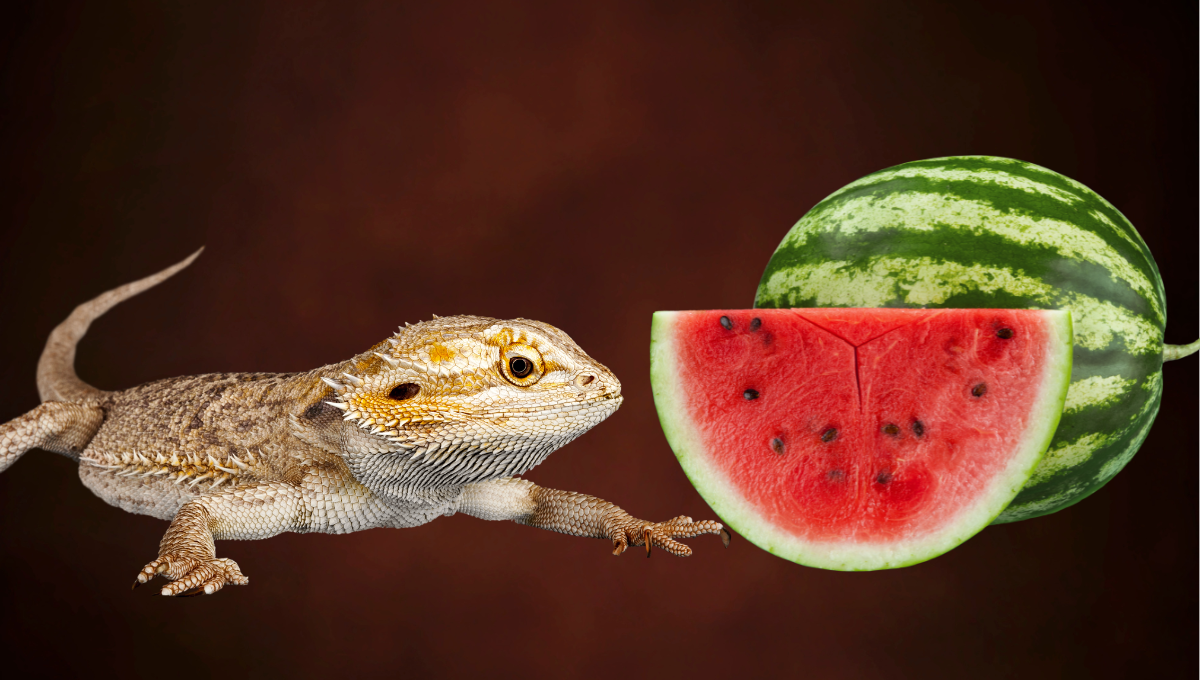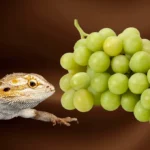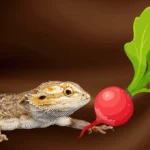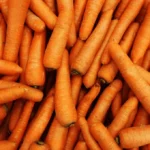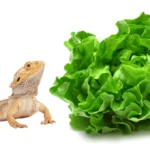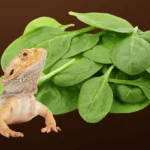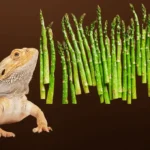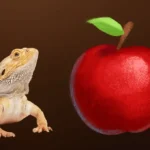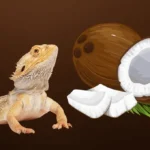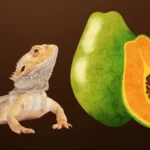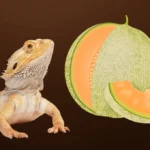Bearded dragons are popular pets that require a balanced diet to thrive. As omnivores, their diet consists of a mix of insects, vegetables, fruits, and greens. While their primary diet includes leafy greens and insects, fruits can be offered as occasional treats.
Watermelon is a refreshing and hydrating fruit enjoyed by many, but is it safe for bearded dragons to consume? This article explores whether watermelon is suitable for bearded dragons, including its nutritional benefits, potential risks, and guidelines for feeding it to your pet.
Nutritional Profile of Watermelon
Watermelon is primarily composed of water but also contains vitamins, minerals, and antioxidants. Here’s a breakdown of its nutritional content and how it might impact your bearded dragon:
Water Content in Watermelon
- Hydration: Watermelon is about 90% water, making it an excellent source of hydration. For bearded dragons, proper hydration is crucial, especially in dry environments or during hot weather. Feeding watermelon can help keep your dragon hydrated, but it should not replace regular water intake.
Vitamins in Watermelon
- Vitamin A: Watermelon contains a small amount of vitamin A, which is essential for maintaining healthy skin, vision, and immune function in bearded dragons. However, too much vitamin A can lead to toxicity, so moderation is key.
- Vitamin C: This vitamin acts as an antioxidant and supports the immune system. While bearded dragons can synthesize vitamin C on their own, a little extra from fruits like watermelon can be beneficial.
- Vitamin B6: Helps in the metabolism of proteins and the production of neurotransmitters. Watermelon contains vitamin B6, which can support overall metabolic functions in bearded dragons.
Minerals in Watermelon
- Potassium: Watermelon is a good source of potassium, which is important for muscle function and maintaining proper fluid balance.
- Magnesium: Magnesium in watermelon helps with muscle function, energy production, and maintaining healthy bones.
Sugar Content
Watermelon is naturally sweet due to its sugar content. While the sugar is natural, it can still pose a risk if consumed in large quantities. Excessive sugar intake can lead to obesity, dental issues, and other health problems in bearded dragons.
Benefits of Feeding Watermelon to Bearded Dragons
Watermelon can offer several benefits when fed to bearded dragons in moderation:
1. Hydration
Given its high water content, watermelon can help keep your bearded dragon hydrated, especially during warmer months or in arid environments. This can be particularly beneficial if your dragon is prone to dehydration.
2. Nutritional Variety
Introducing watermelon to your bearded dragon’s diet can add variety, preventing dietary monotony and ensuring they receive a range of nutrients. The occasional sweet treat can also stimulate their appetite.
3. Antioxidant Support
The antioxidants present in watermelon, such as vitamin C, can help protect cells from oxidative stress and support overall health. This can contribute to a stronger immune system and better resistance to illnesses.
Risks and Considerations When Feeding Watermelon
While watermelon can be a beneficial treat, there are some risks and considerations to keep in mind:
1. High Sugar Content
Watermelon’s natural sugars can be harmful if consumed in excess. High sugar intake can lead to obesity, liver issues, and metabolic disorders in bearded dragons. Therefore, watermelon should only be offered in small amounts as an occasional treat.
2. Imbalanced Calcium-to-Phosphorus Ratio
A critical aspect of a bearded dragon’s diet is maintaining a proper calcium-to-phosphorus ratio. Watermelon has a higher phosphorus content compared to calcium, which can disrupt this balance. A diet low in calcium and high in phosphorus can lead to metabolic bone disease (MBD). It’s important to ensure that watermelon is fed in conjunction with calcium-rich foods to avoid any imbalances.
3. Lack of Essential Nutrients
While watermelon offers some vitamins and minerals, it lacks the essential nutrients that bearded dragons need for sustained health. It should never be a staple in their diet and should only be used to supplement their regular food intake.
4. Risk of Diarrhea
Due to its high water content, feeding too much watermelon can lead to diarrhea or loose stools in bearded dragons. This can cause dehydration and other digestive issues if not managed properly.
How to Safely Feed Watermelon to Bearded Dragons
To safely include watermelon in your bearded dragon’s diet, follow these guidelines:
1. Offer in Moderation
Watermelon should only be fed as an occasional treat. A small piece, about the size of your dragon’s eye, is sufficient. Overfeeding can lead to health issues due to its high sugar content and water content.
2. Prepare Properly
Before feeding watermelon to your bearded dragon, make sure to remove the seeds and rind. Seeds can pose a choking hazard, and the rind is tough and difficult to digest. Cut the watermelon flesh into small, manageable pieces to prevent choking.
3. Balance with Other Foods
Ensure that your bearded dragon’s diet is well-balanced, with watermelon being just one of the occasional fruits offered. Focus on providing a diet rich in leafy greens, vegetables, and insects to meet their nutritional needs.
4. Monitor for Adverse Reactions
After introducing watermelon into your bearded dragon’s diet, observe them for any signs of digestive discomfort or changes in behavior. If diarrhea or other issues occur, discontinue feeding watermelon and consult a veterinarian if necessary.
Alternative Fruits for Bearded Dragons
If you’re looking for other fruits to offer your bearded dragon, consider these options:
| Fruit | Nutritional Benefits | Feeding Frequency |
|---|---|---|
| Strawberries | Rich in vitamin C and antioxidants | 1-2 times a week |
| Blueberries | High in antioxidants, low in sugar | 1-2 times a week |
| Apples (peeled) | Provide fiber and vitamin C | 1-2 times a week |
| Papaya | High in vitamin A and fiber, aids digestion | 1-2 times a week |
| Mango | Rich in vitamins A and C, high in sugar | 1-2 times a week |
These fruits offer a variety of nutrients and can be included as occasional treats in a balanced diet.
Summary of Watermelon’s Nutritional Value
| Nutrient | Amount in Watermelon | Benefit |
|---|---|---|
| Water | High (90%) | Supports hydration |
| Vitamin A | Moderate | Supports vision and immune function |
| Vitamin C | Moderate | Acts as an antioxidant, supports immunity |
| Potassium | Moderate | Supports muscle function and fluid balance |
| Sugar | High | Provides energy but can lead to health issues in excess |
Conclusion
Watermelon can be a refreshing and hydrating treat for bearded dragons when fed in moderation. Its high water content, along with the vitamins and minerals it provides, can offer some health benefits. However, due to its high sugar content and the potential for disrupting the calcium-to-phosphorus ratio, watermelon should not be a staple in your bearded dragon’s diet. By offering it occasionally and balancing it with other nutrient-rich foods, you can safely include watermelon as part of a diverse and healthy diet for your bearded dragon.
